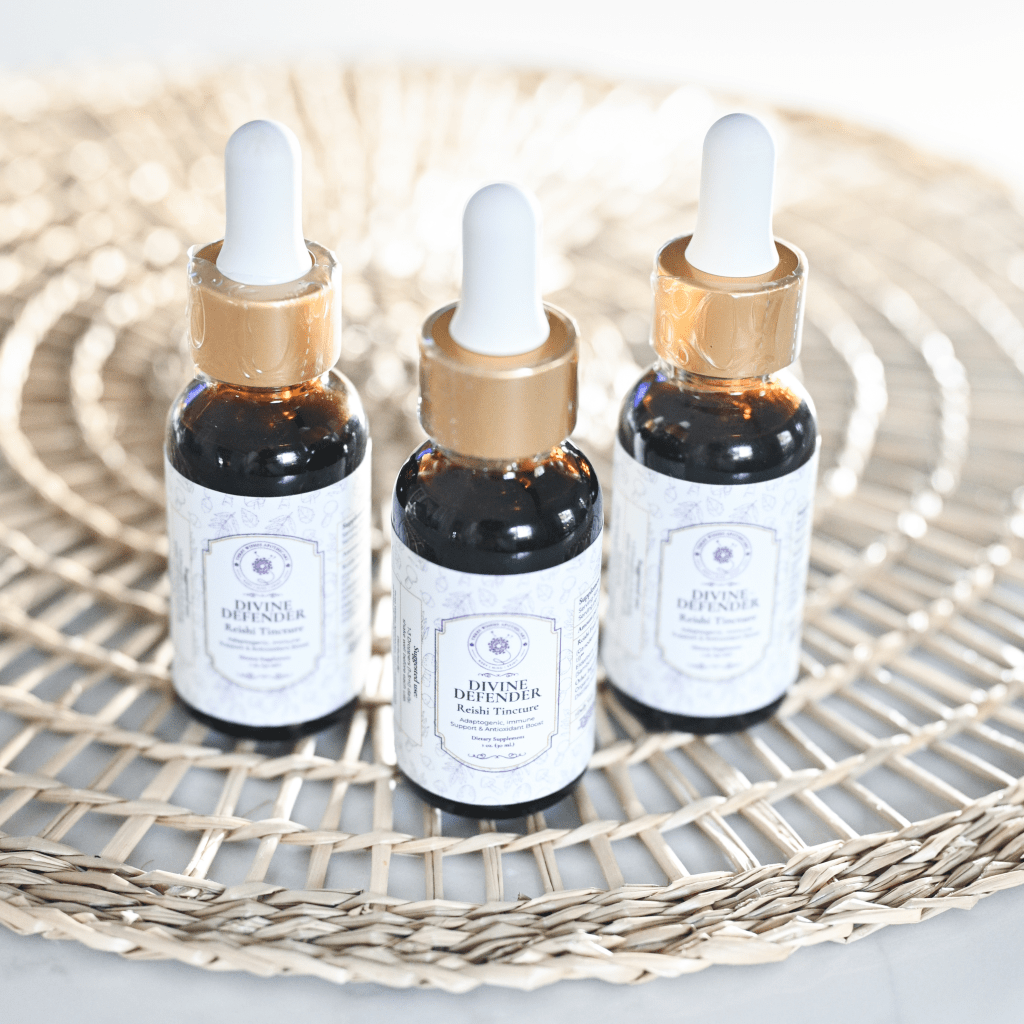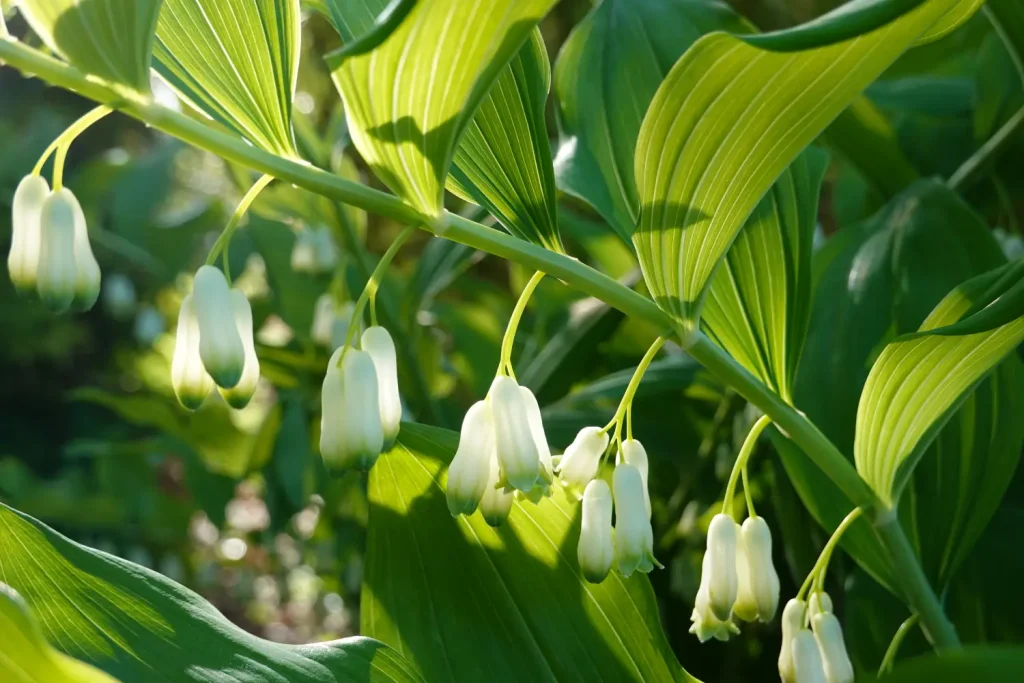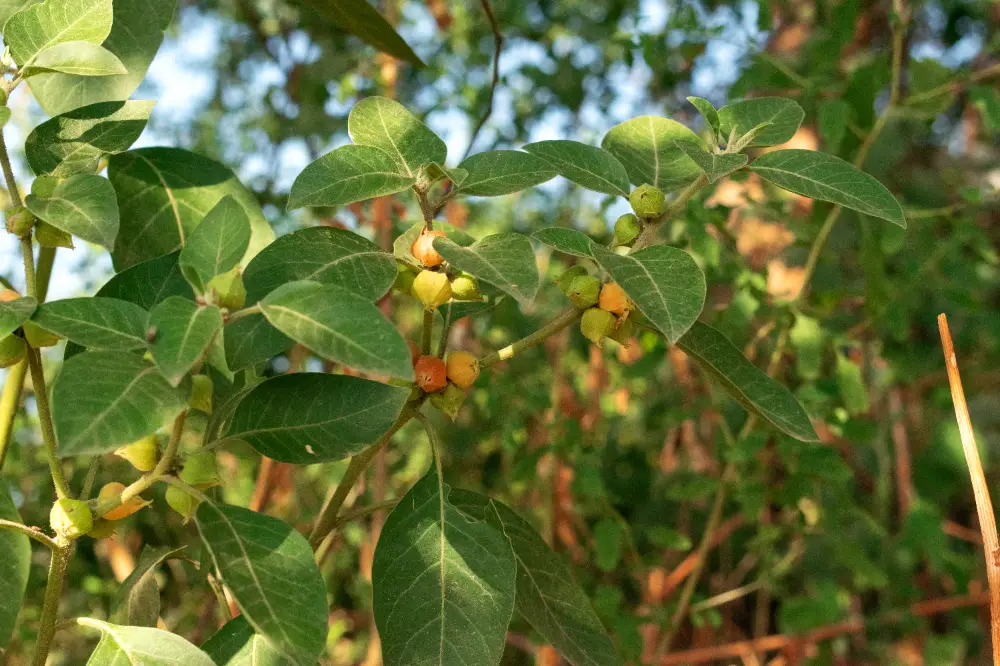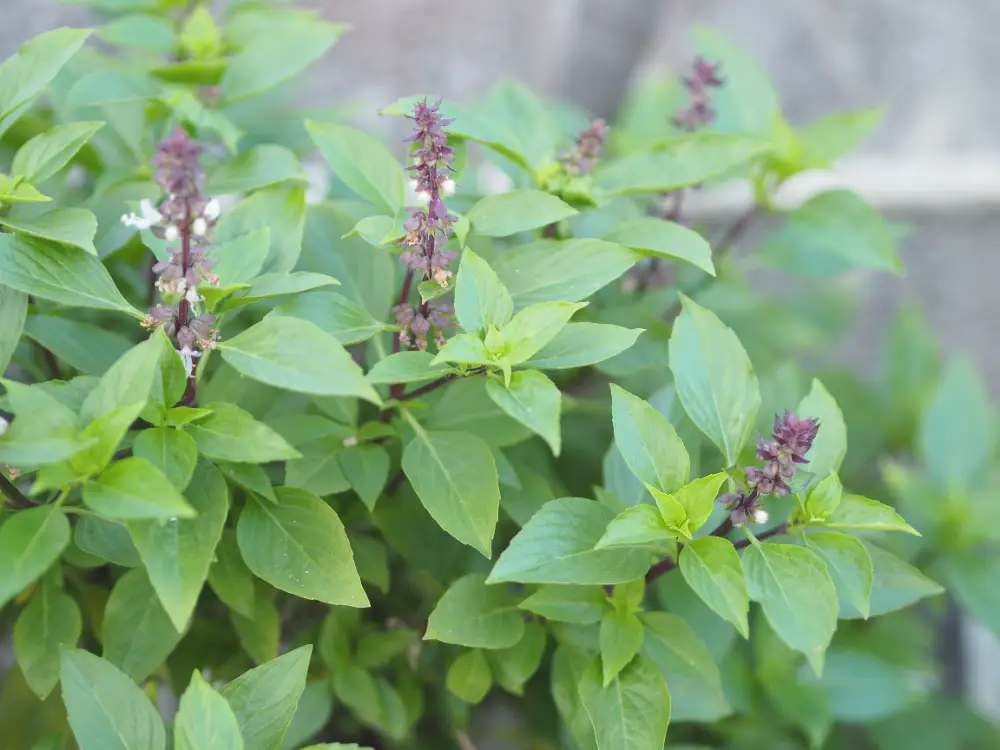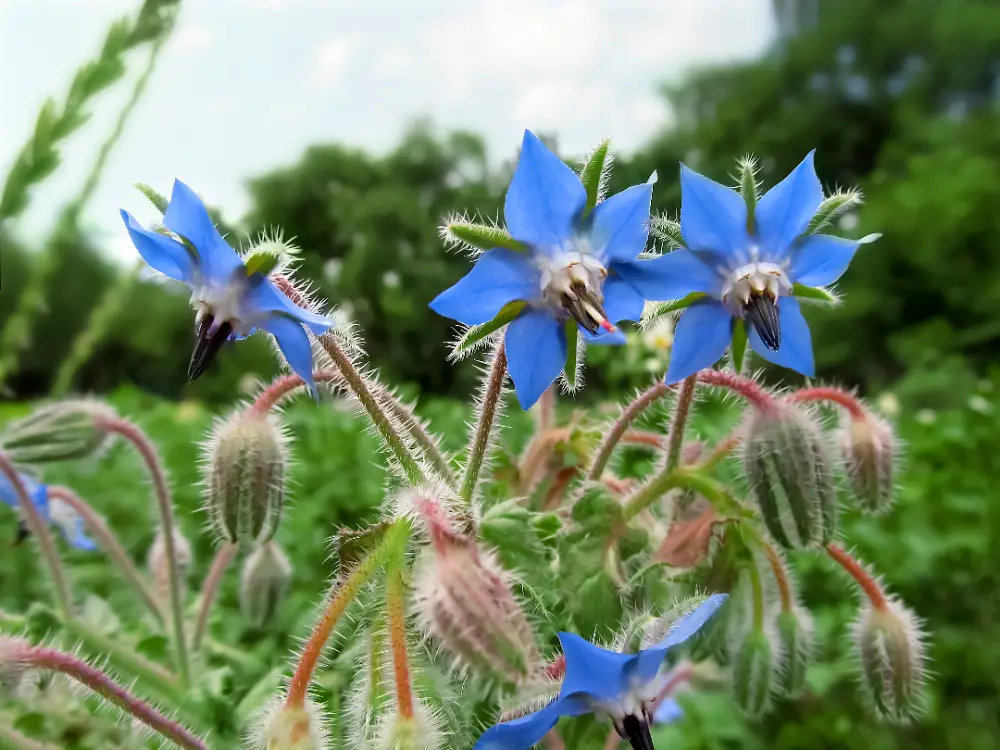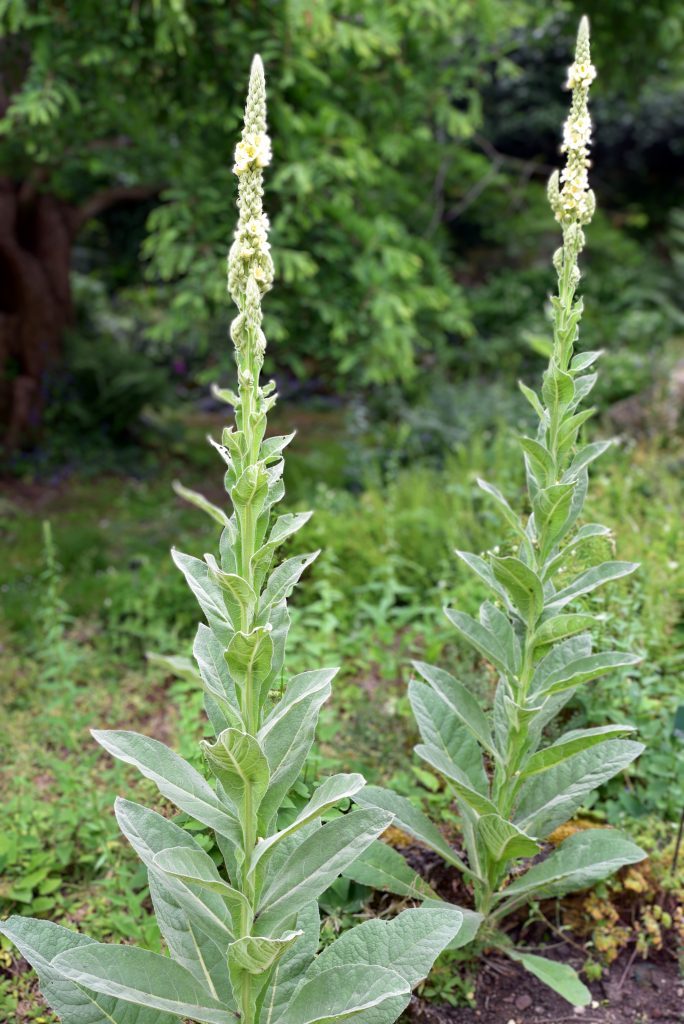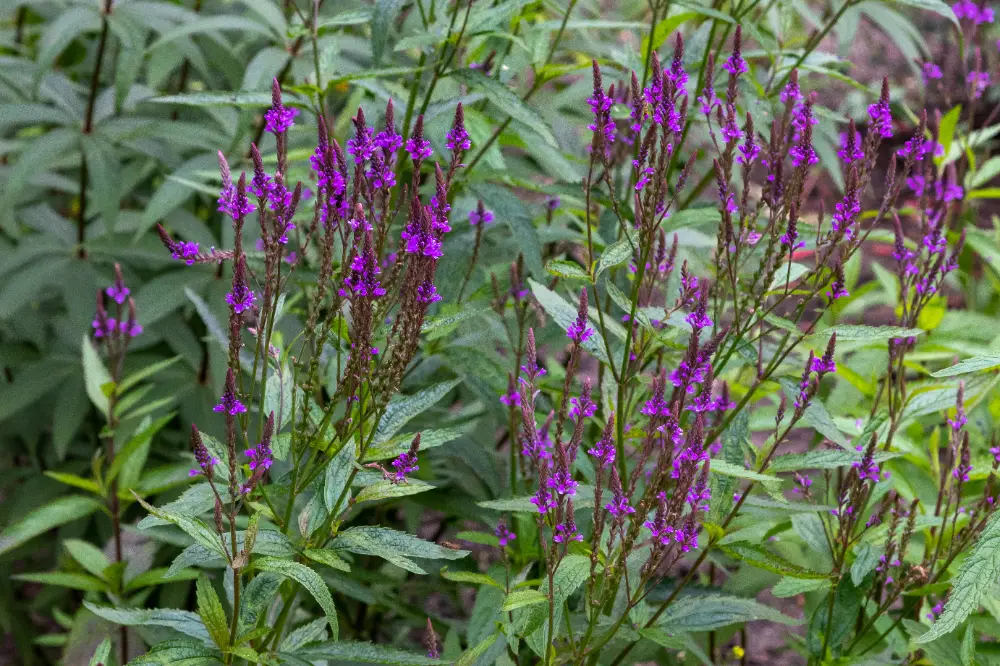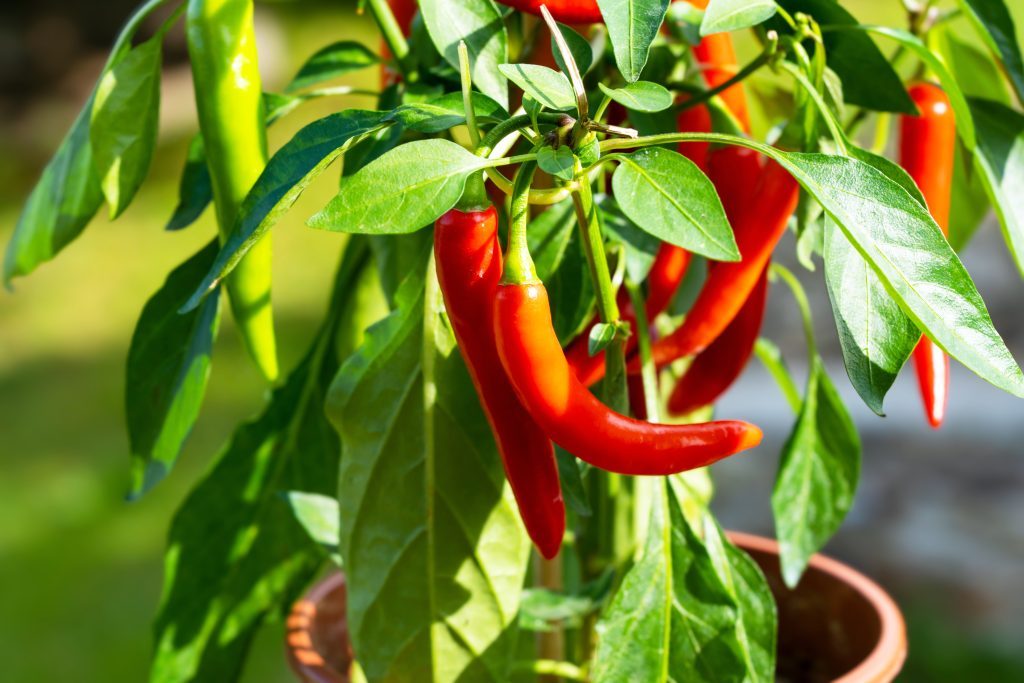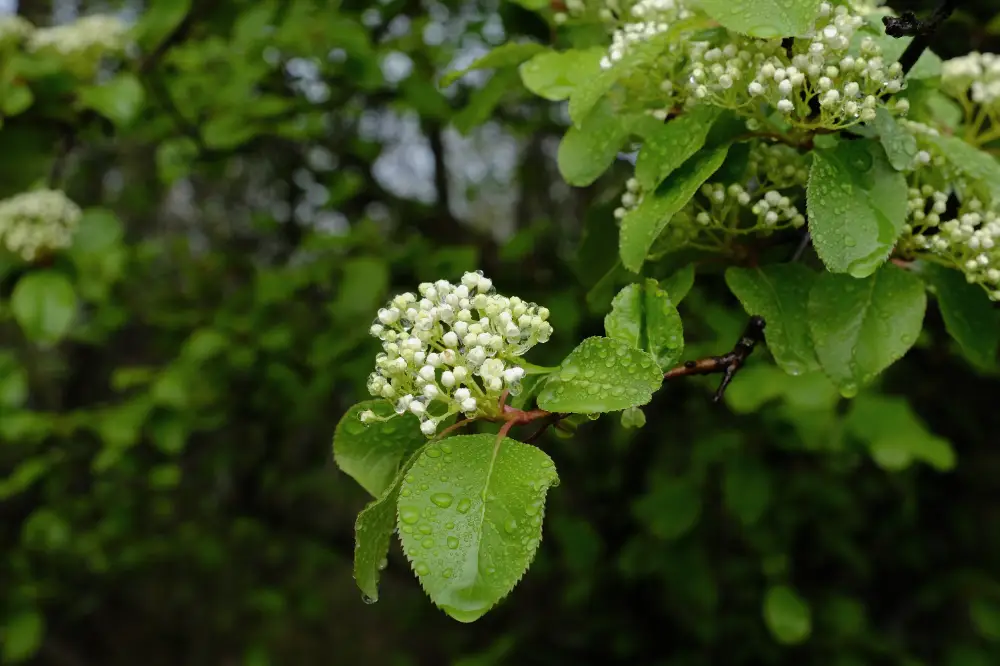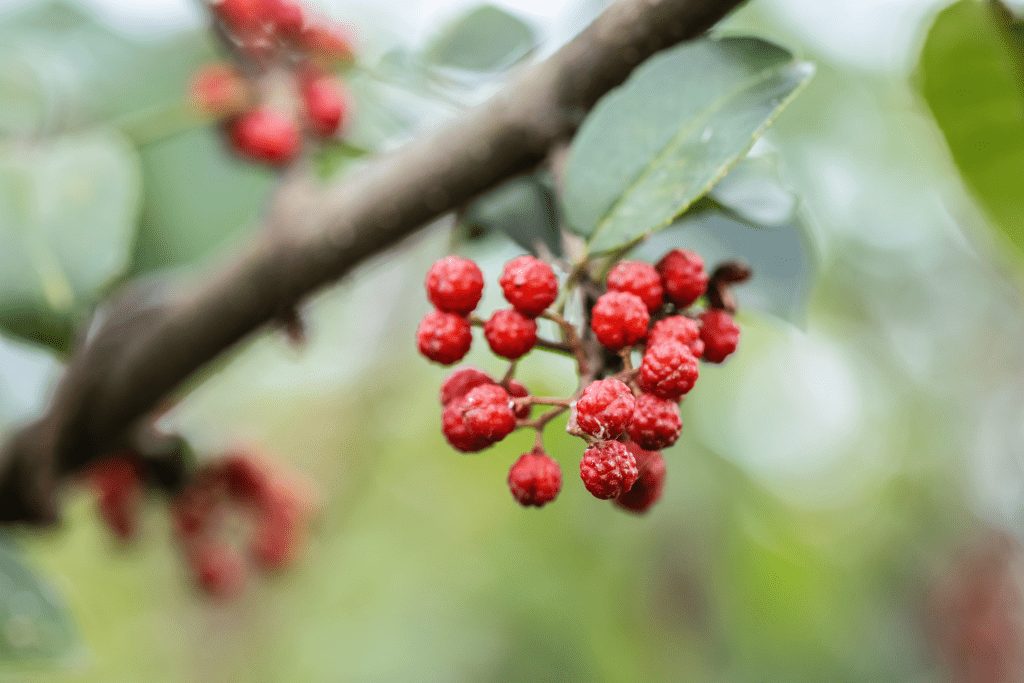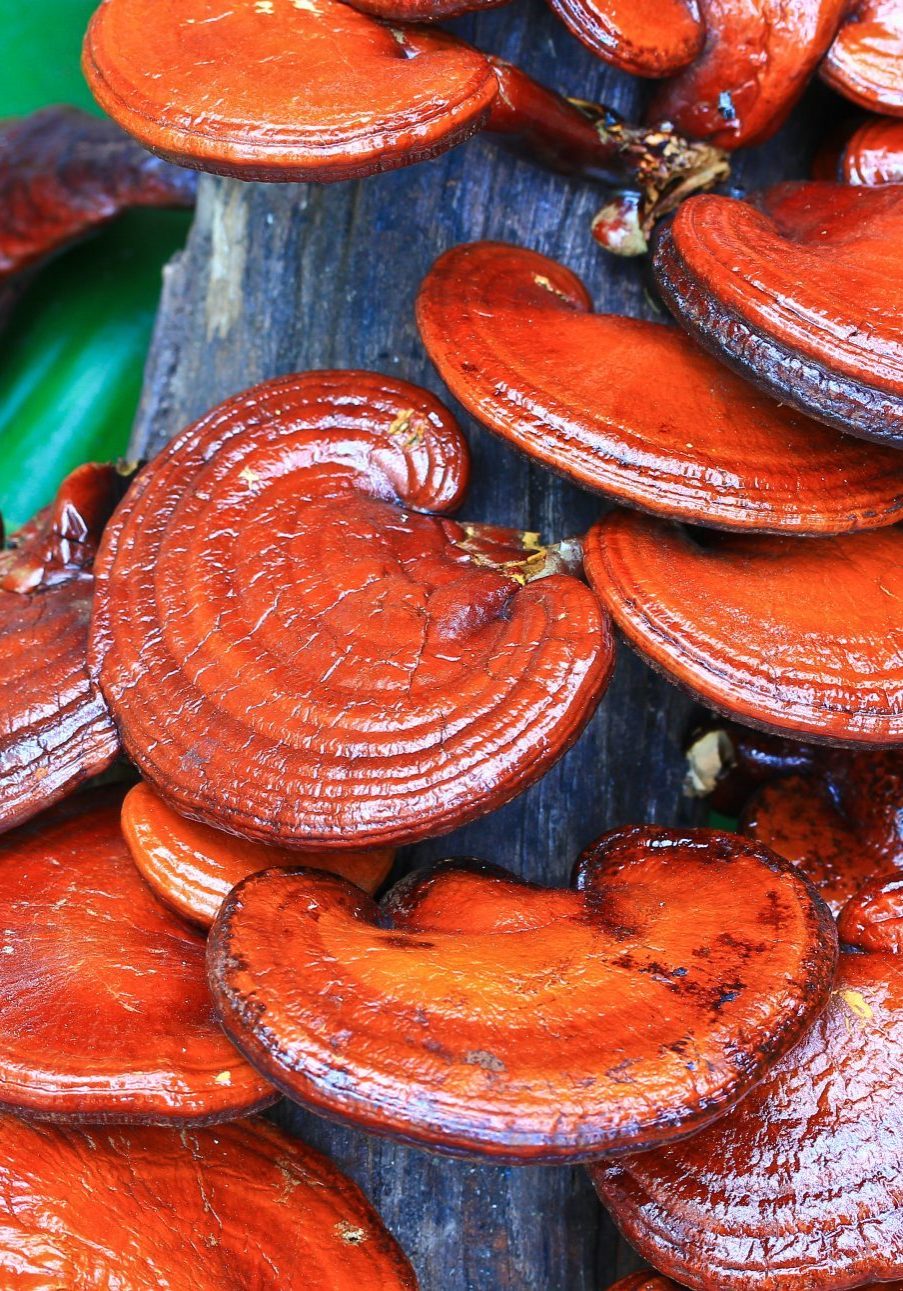
Reishi mushroom
Ganoderma lucidam
Ganodermataceae (Polypore Family)
The Immortal Mushroom for Longevity, Vitality, and Immune Support
Other names:
Lingzhi, Mannentake, Spirit Plant.
Superpower
Boosts immune system and enhances longevity.
Historical Use:
Ganoderma lucidum has been used for over 2,000 years in Chinese and Japanese medicine, where it is considered a powerful herb for promoting longevity and spiritual enlightenment. Ancient texts describe Reishi as a life-extending tonic used by emperors and sages to support their health, vitality, and meditation practices. It was prized for its ability to calm the mind, improve energy, and restore balance to the body.
Current Uses:
- Immune Modulation: Reishi helps balance the immune system, enhancing its ability to fight infections while calming overactive immune responses in conditions like autoimmune disorders and allergies.
- Longevity and Vitality: Known for its anti-aging effects, Reishi supports overall health and vitality, reducing oxidative stress and inflammation, making it an important ally for promoting longevity and cellular health.
- Stress Reduction: Reishi is a powerful adaptogen, helping the body and mind cope with stress. It is often used to support the nervous system, promoting relaxation, reducing anxiety, and improving sleep quality.
- Liver Health: Reishi is often used to support liver detoxification and improve liver function, making it valuable for clearing toxins from the body and promoting overall detoxification.
- Cardiovascular Health: Reishi helps improve circulation and supports heart health by reducing inflammation and lowering cholesterol levels.
Cautions
Toxicity:
Initial use of Reishi may result in transient cleansing reactions, such as acne, sore muscles, dizziness, bowel disturbances, or itchy skin. These symptoms are typically mild and pass within a few days as the body eliminates toxins.
Contraindications:
Reishi is contraindicated during pregnancy and lactation due to the lack of conclusive safety data.
Interactions:
Reishi may interact with anticoagulants, antihypertensive medications, and immunosuppressants. It’s important to consult a healthcare provider if using medications that influence blood pressure, blood clotting, or immune function.
Known Chemical Constituents
Myco-polysaccharides: Beta D-glucans, which are known for their immune-boosting properties and ability to modulate the immune system.
Triterpenes: Including ganoderic acids and lucidenic acids, providing anti-inflammatory, antioxidant, and anti-tumor effects.
Nucleotides: Adenosine, which helps with blood circulation, relaxation, and heart health.
Nutrients: Rich in zinc (Zn), magnesium (Mg), iron (Fe), copper (Cu), calcium (Ca), oleic acid, protein, and choline—supporting overall immune function, bone health, and cellular vitality.
Sterols: Ganodosterone, a phytoesterol, helps balance hormonal health and reduce inflammation.
Coumarin: Known for its anticoagulant and anti-inflammatory effects.
Alkaloid: Provides detoxifying and antioxidant properties.
Botanical Description
Habitat: Ganoderma lucidum grows in temperate and tropical regions around the world, thriving in decaying hardwoods, particularly oak and maple trees. It is found in forested areas, typically at the base of trees or on stumps. Reishi prefers humid environments and is often seen growing in clusters on rotting wood.
Cap: The mushroom has a distinctive, varnished appearance, with a shiny, reddish-brown cap that is kidney-shaped or fan-shaped. The cap can grow up to 30 cm in diameter, with concentric growth rings visible.
Stipe (Stem): The stem is typically off-center and short, ranging from reddish-brown to dark brown in color. In some cases, the stem may be absent, with the mushroom growing directly from the wood.
Gills/Underside: Instead of gills, Ganoderma lucidum has a porous underside with small white to light brown pores, which release spores into the air as part of its reproduction.
Spores: The spores are brown and microscopic, released through the pores on the underside of the mushroom. These spores are often used in medicinal preparations.
Roots: The mycelium, the root-like structure, spreads through the decaying wood, breaking it down and aiding in the mushroom’s growth.
Fun Facts
Revered in Chinese mythology as the “Mushroom of Immortality.” It was believed that consuming Reishi would bring immortality or extend life. For centuries, it was reserved for emperors and the elite due to its rarity in the wild, and its use was often depicted in ancient artwork and texts as a symbol of longevity, wisdom, and spiritual enlightenment.
Parts Used
Fruiting body: Preferred for its higher concentration of active compounds.
Mycelium: Used in supplements, contains residual grain substrate, which may dilute its efficacy. Fruiting body extracts are currently favored for their potency and bioavailability.
Harvest
Timing: Reishi mushrooms are best harvested in late summer to early fall, once they have fully matured and the cap has developed its characteristic shiny, varnished surface. This is when the highest concentration of triterpenes and polysaccharides can be found in the mushroom.
Method: Use a sharp knife to carefully cut the mushroom at the base, ensuring that the mycelium (root structure) remains undisturbed to allow for future growth. Harvest only mature mushrooms with a reddish-brown cap to ensure maximum medicinal potency.
Storage: After harvesting, the mushrooms should be dried in a cool, well-ventilated space, either by air-drying or using a dehydrator. Once fully dried, store them in airtight containers, away from moisture and light. Dried Reishi mushrooms can be used for up to two years when stored properly.
Preparations
Teas/Infusions: Reishi is commonly prepared as a tea or infusion to support immune function, detoxification, and emotional well-being. It’s a popular choice for calming the mind and promoting relaxation before bed. Long, slow decoctions are ideal to extract the full range of medicinal compounds.
Tinctures: Reishi tinctures provide a concentrated form of its immune-boosting and adaptogenic properties. Tinctures are often used for more acute stress management and can be taken in small doses daily for long-term vitality.
Powder: The dried and powdered form of Reishi can be added to smoothies, coffee, or warm beverages to support immune health, mental clarity, and longevity.
Capsules: For convenience, Reishi is available in capsule form, allowing for easy daily supplementation to support overall vitality and stress resilience.
Sacred Rituals
Used in meditative practices to increase spiritual potency.
Affirmations
“I embrace vitality and peace, nourishing my body and soul with the wisdom of the earth.”
Spiritual Associations
Known as the “mushroom of immortality,” used in spiritual practices to enhance meditation and connect with the divine.
Functions
A natural substance, often an herb or plant, that helps the body adapt to stress, balance internal systems, and enhance resilience. The term “adaptogen” was first coined by Soviet scientist Nikolai Lazarev in the 1940s to describe substances that could help the body cope with various forms of stress without causing harm.
Anti-hypoxicA substance or agent that enhances the body’s ability to tolerate or counteract the effects of low oxygen levels in tissues or the bloodstream.
Anti-inflammatoryA substance or agent that reduces inflammation in the body, soothing irritation, swelling, or redness in tissues.
Anti-thrombotic
A substance or agent that helps prevent the formation of blood clots (thrombi) or reduces the risk of thrombosis.
AntioxidantA substance or agent that neutralizes free radicals, preventing oxidative damage to cells and tissues.
AntiplateletA substance or agent that inhibits platelet aggregation, reducing the likelihood of blood clots forming in the circulatory system.
AnxietyAnxiety is a psychological state characterized by excessive worry, fear, or nervousness, often accompanied by physical symptoms such as rapid heartbeat, restlessness, or difficulty concentrating.
Blood pressure managementRefers to substances, practices, or agents that help maintain healthy blood pressure levels, whether by lowering high blood pressure (hypertension) or supporting balanced cardiovascular function.
CalmingA substance or agent that soothes the nervous system, reduces stress, and promotes relaxation of the body and mind.
CardioprotectiveA substance or agent that helps safeguard the heart and cardiovascular system from damage caused by oxidative stress, inflammation, or other harmful factors.
Cholesterol managementThe regulation of blood cholesterol levels, particularly maintaining a balance between LDL (low-density lipoprotein) and HDL (high-density lipoprotein) cholesterol, to support cardiovascular health.
Cytotoxic agentCytotoxic agent refers to a substance or agent that damages or destroys cells, often used to target abnormal or rapidly dividing cells, such as in cancer or immune-modulating therapies.
Expectorant (clears mucus)HepatoprotectiveA substance or agent that helps protect the liver from damage caused by toxins, inflammation, or disease, and supports its regeneration and overall function.
Hypoglycemic agentA substance or intervention that lowers blood sugar levels, often used to manage conditions like diabetes or hyperglycemia.
HypolipidemicA substance or agent that helps lower lipid levels in the blood, including cholesterol and triglycerides, to support cardiovascular health.
HypotensiveA substance or agent that helps lower blood pressure, supporting cardiovascular health and reducing the risk of hypertension-related complications.
Immune System SupportThe measures or substances that enhance or maintain the proper functioning of the immune system, helping the body defend against infections, pathogens, and diseases.
Immuno-modulatorA substance or agent that helps regulate and balance the immune system, either enhancing or suppressing immune activity as needed to maintain optimal immune function.
Immuno-stimulantAn immuno-stimulant is a substance that stimulates or enhances the activity of the immune system, increasing its ability to fight infections, pathogens, or other harmful invaders.
Liver HealthThe optimal functioning of the liver, which plays a critical role in detoxification, metabolism, digestion, and overall bodily health.
LongevityLongevity refers to the duration of an individual’s life, often emphasizing the quality and health span—the period of life spent in good health and free from chronic disease.
Nervine relaxantA nervine relaxant is a substance that calms and soothes the nervous system, reducing tension, stress, and anxiety, and promoting a sense of relaxation and peace.
Nervine TonicA nervine tonic is a substance that nourishes, restores, and strengthens the nervous system, promoting long-term resilience and balance.
Sleep Quality ImprovementSleep quality improvement involves interventions that enhance the depth, continuity, and restorative nature of sleep, leading to better overall health, mood, and daytime functioning.
Sleep SupportA natural state of rest and recovery for the body and mind, characterized by reduced activity, altered consciousness, and the essential process of physical and mental rejuvenation.
StressStress is a physical, emotional, or mental response to external or internal pressures, often characterized by feelings of tension, overwhelm, or exhaustion, and can impact overall health if prolonged.
VitalityThe state of being strong, energetic, and full of life, encompassing physical, mental, and emotional well-being and resilience.

